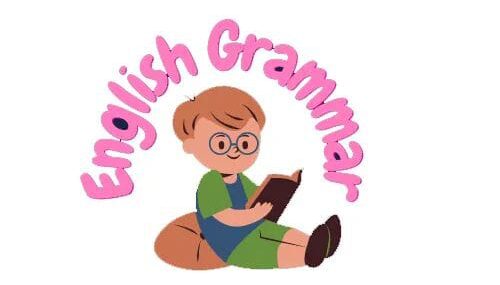Use of Modals in progressive form
Modals in progressive form
Sub + auxiliary verb + be + action + ing + obj.
Auxiliary verbs: will, may, might, could, should, must, would
Progressive structure of modal verbs
Work going on
He will be facing the interview tomorrow. (100 % surety of facing the interview tomorrow)
He may be facing the interview tomorrow. (50 to 60 % surety of facing the interview)
He might be facing the interview tomorrow. (20 to 30 % surety of facing the interview)
He must be facing the interview tomorrow. (He needs a job anyhow; therefore, up to 90 % surety of facing the interview)
He should be facing the interview tomorrow. (Sentence conveys the suggestion of facing interview)
He could be facing the interview tomorrow. (Possibility of facing the interview at this time. It is being used for the future possibility)
He said that he would be going to the market to buy the vegetables. (Past of will)
See some examples of modals in progressive form :
| He must be joking. | She may be joking. |
| She should be joking. | She must be playing. |
| They must be playing in the ground now. | Will they be playing the Guitar outside the concert? |
| He will be still playing football. | He won’t be travelling tomorrow. |
| Will he be dancing at a wedding ceremony? | She may be solving the sums at the moment. |
| She must be playing in the ground now. He should be facing the interview. | She told me that they would be running there. She could be solving the Sudoku puzzle at the teacher’s home. |
| I guess he could be learning how to dance at the moment. (It means he might be learning) | He could be playing cricket on the school ground. |
Note: “Could and Might” are equal in expressing possibilities. It means around 50 % chances of doing something.
Modals Perfect continuous forms- Modals in progressive form
These are also called past progressive forms of modal verbs.
Subject + modal verb + have been + action+ ing + object.
When I entered home, He might have been fighting with his sister.
I heard music sound; he must have been listening to songs that day.
He didn’t hear any information about you; otherwise, he would have been coming to meet you.
He was busy; otherwise, firstly, he would have been completing your work.
He should have been studying in examination time yesterday.
They should have been learning how to play the Guitar for the sake of competition last month.
He must have been enjoying the party last night.
If I had reached the station on time, I would have been traveling on that train. (See unit 26 for would have)
It had been snowing in Kashmir since January. (It is past perfect continuous tense. It is not related to modals sentence)
Exercise I
Complete the sentences with present Modals in progressive form
- I guess he……….be learning driving.
- I know about her. She …………. playing in the park now.
- She told me that they …………(will) be taking the examination.
- She …………… (learn) how to dance. (possibility)
- He……….be studying now. (advice)
- I am not sure. He ………… (watch) TV with friends.
- It is too late to go to see him at home. He……….be walking in the park. (completely sure)
- It ………… be raining in Muzaffarnagar. (20 % surety)
- He.………still………. (play) snookers. (future)
- He …………. Travelling tomorrow. (50 % chances of doing the action)
Exercise II
Complete the sentences with past progressive activities( Modals in progressive form).
- I heard his tractor’s sound; he……………… (irrigate) the field yesterday.
- It………… raining since morning.
- His computer was out of order; otherwise, he…………… (operate) it.
- It was his class time. He…………. teaching at the centre.
- He didn’t study yesterday. He…………been copying in social studies. (deduction)
- Where was he? He…………been studying in class. (possibility)
- If I had gone to Mumbai. I…………. doing the job.
- If she……. done his MBA, she would………doing HR Job.
- If I……. had a car, I………… (drive) on GT road.
- She told a lie, she………. (speak) the truth before my friends. (suggestion)
